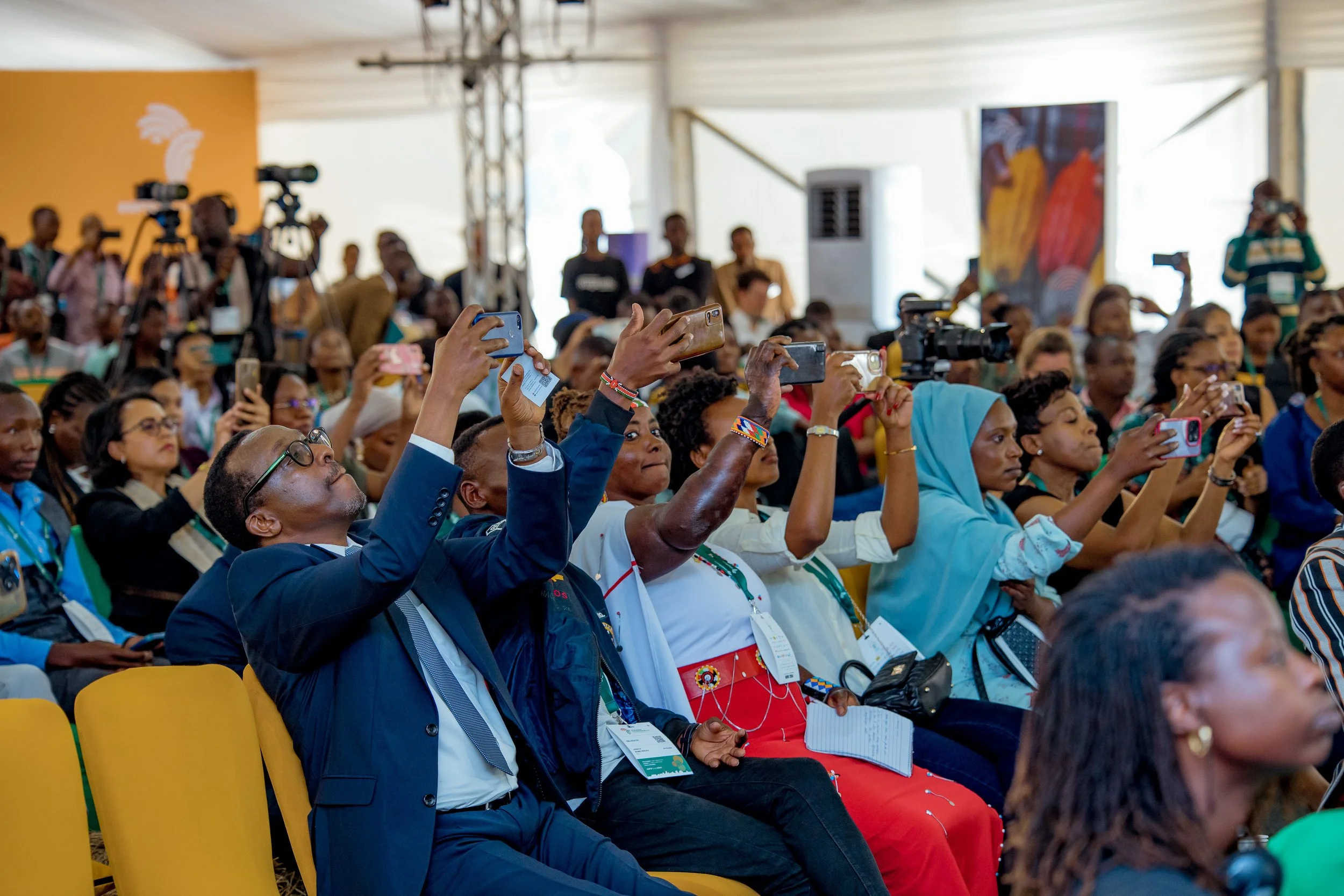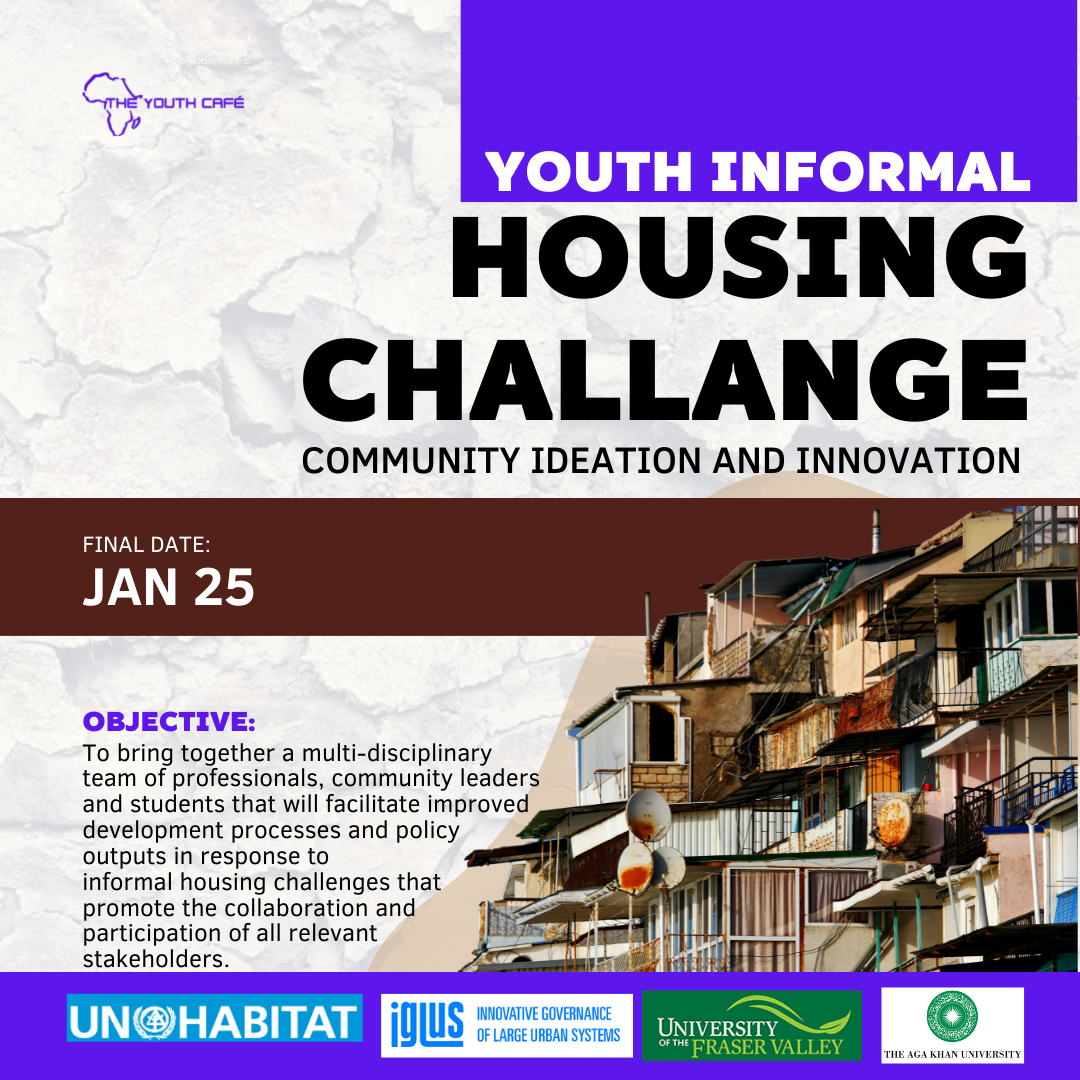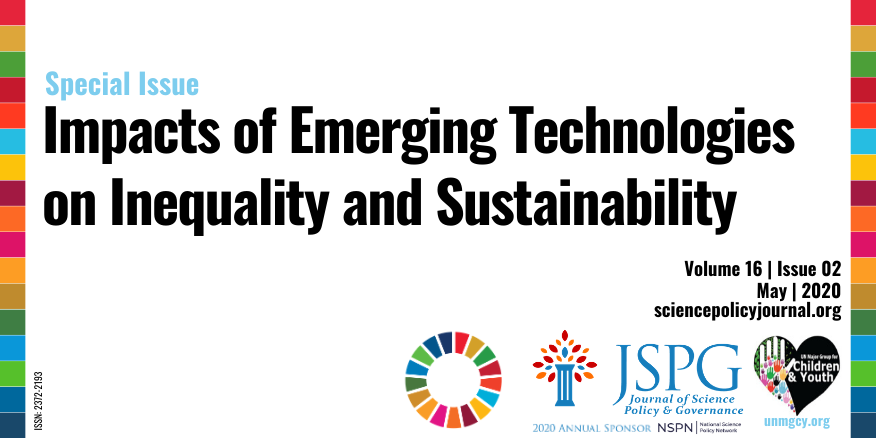In many developing countries, informal settlements are a widespread occurrence. "Informal settlement" is sometimes misinterpreted as a shorthand for urban poverty and misery, overcrowding, and exposure to environmental dangers. This may be influenced by the fact that informal settlements lack essential infrastructural services and facilities and have a high concentration of difficulties to cities' social and political fabric.
Can Young People Solve The Informal Housing Challenge In Kenya?
On February 19, 2022, The Youth Café is planning an event to address the informal housing challenge. The key partners in the event include; The Aga Khan University, University of the Fraser Valley, Innovative Governance of Large Urban Systems, UN-Habitat -Youth Café-Urban Economic Forum, and other private sector and community partners who focus on the informal youth housing challenge and its impact on young people.
Our MOU With GiveDirectly For COVID-19 Unconditional Cash Transfer Program For Youth
The Youth Café recently made and entered into a Memorandum of Understanding agreement with GiveDirectly Inc., thereby forming a partnership between the two organizations. The purpose of this partnership is to contribute to enhanced economic empowerment within identified locations of Nairobi and ultimate eradication of poverty which in turn will positively impact the lives of the beneficiaries and communities. This program focuses on the disbursement of emergency grants (cash grants) by GiveDirectly to people mainly living in informal settlements in Kenya in which The Youth Café currently works. As a result of this partnership, thousands of youths have been able to benefit from this program where they each received a disbursement of $30 for 4 months.
New Report | Impacts Of Emerging Technologies On Inequality And Sustainability | The Youth Cafe
he Youth Cafe and The Journal of Science Policy & Governance (JSPG), is proud to announce the release of its Special Issue on the Impacts of Emerging Technologies on Inequality and Sustainability. This issue was produced in collaboration with The Youth Cafe, the formal mechanism for children and youth to engage with various stakeholders, including the implementation, follow-up, and review of the Sustainable Development Goals (SDGs).
Impact of the Global Compact on Communities | The Youth Cafe
According to UNICEF, the world population is expected to reach 8 billion by 2025. In less than a decade, the sustainability of the next billion will be a task for the current generation of youth to address. While middle-high income countries are experiencing low fertility rates, aging populations, and a declining workforce capable of supporting the growing dependency load, low-middle income countries are continuing to experience high fertility rates (though it is now just entering decline), and a significant youth population which is comparatively larger than the other age groups. Countries are opting to either maintain or raise their capacity for immigrants to address aging populations, a trend that is increasing all across the board. As this is the case, labour migration is projected to continue as a major response to these demographic trends.






